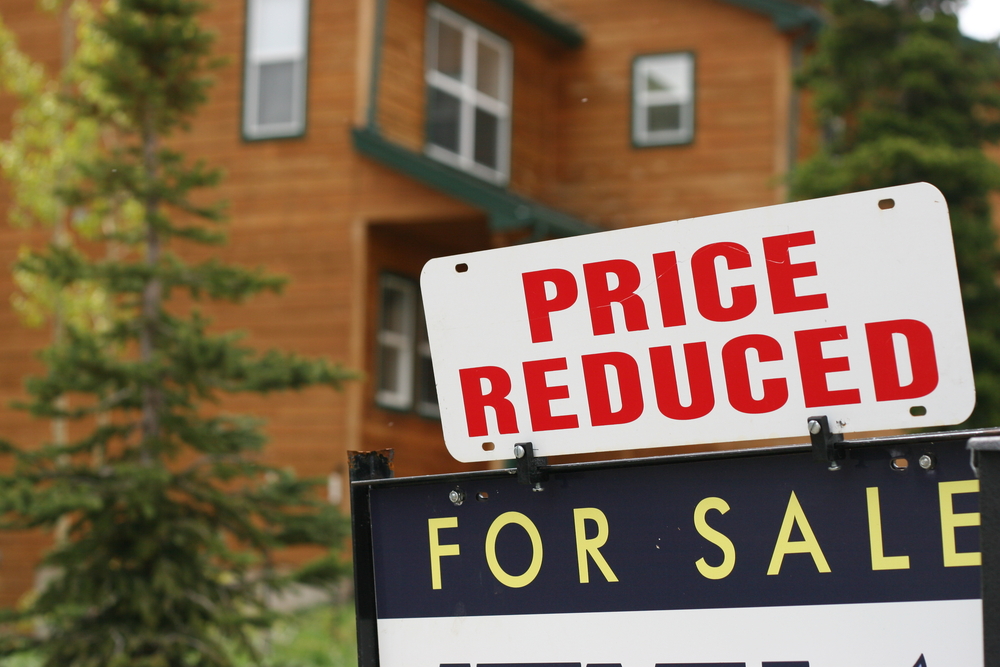Considering buying in a regional area? Here are 5 things you need to keep in mind

Over the past three years, there’s been a rapid shift from employees working predominantly in the office to working from home.
According to the latest data from the ABS, 41% of employed people work regularly from home in August 2021 — up 9 percentage points from 32% in August 2019.
Unsurprisingly, as Aussies become uncoupled from their physical workplaces, more and more are choosing to move away from capital cities and towards regional locations. First home buyer activity for regional areas increased at a faster pace than capital cities in the 12 months to September 2021. What’s more, nearly 80% of people moving to these areas are people under 50.
Buying a property outside of the capital cities comes with plenty of perks, from affordable housing to more space and less traffic. However, there are some considerations you need to take into account if you’re looking to make the switch from metro to regional.
1. Your dollar will definitely go further — but not for long

According to Core Logic, as of January 2022, the median dwelling value in Australia’s combined capital cities was $801,570, whereas the median dwelling value in combined regional areas was just $551,887.
This means it’s easier to get your foot on the property ladder if you’re a first home buyer, and you may be able to afford more with the same amount of money (such as an extra bedroom or a yard).
Keep in mind: the gap in property prices is likely to shrink in the future, as more buyers flock outside capital cities and housing demand outstrips supply. The housing index for combined regional markets was up 1.8% in January 2022 and 6.3% over the rolling quarter, compared to 0.8% and 2.6% for capital cities. That means it’s best to act as soon as possible to get more bang for your buck.
2. It may take more time to find your ideal property

It’s definitely easier to save for a deposit when you’re buying in a regional area compared to a capital city. However, you also need to be prepared for the fact that your property search could take significantly longer, simply due to the availability of stock in the area.
Regional areas don’t benefit from the same pace of investment and development as capital cities. As such, you may find yourself waiting for new properties to come on the market (or needing to renovate an existing property to realise your dream home).
3. Be wary of areas that are ‘too’ affordable

Affordable housing is a primary drawcard for people to move to regional areas, but there is such a thing as being too affordable.
Low house prices could be a sign of low demand in the area. Although this won’t make a big difference if you’re an owner-occupier that’s living there for an extended period of time, it will likely affect your ability to sell or rent the property in the future.
4. Consider moving to a regional centre

They’re not quite capital cities, but buying in a regional centre comes with its own benefits. These areas often have multiple schooling options and plenty of amenities, such as universities or public transportation, while also offering a more relaxed pace of life than their city counterparts.
Another option could be to move to a regional area that’s within a few hours drive of a capital city, such as the city where your company’s office is located. This way, you have all of the perks of living in a smaller town and can easily commute to work if you need to.
5. It can be challenging to secure a loan

Lenders tend to like lending to buyers who are purchasing in areas with larger populations as this means the value of the home is fairly secure and likely to increase. Because of this, some lenders might not provide finance for properties in some areas, particularly if the area has very few growth drivers.
This doesn’t mean it’s impossible to secure a home loan for a property in a small country town — it just means your options may be more limited than a major city or regional centre.
Ready to make the move to a regional area?
Take the hassle out of securing a home loan by working with Rateseeker. We’ll assist you with every part of the process, from seeking the sharpest rate to obtaining pre-approval and final approval on your loan. Get started today with a free consultation.
** General Advice Warning
The information provided on this website is general in nature only and it does not take into account your personal needs or circumstances into consideration. Before acting on any advice, you should consider whether the information is appropriate to your needs and where appropriate, seek professional advice in relation to legal, financial, taxation, mortgage or other advice.




